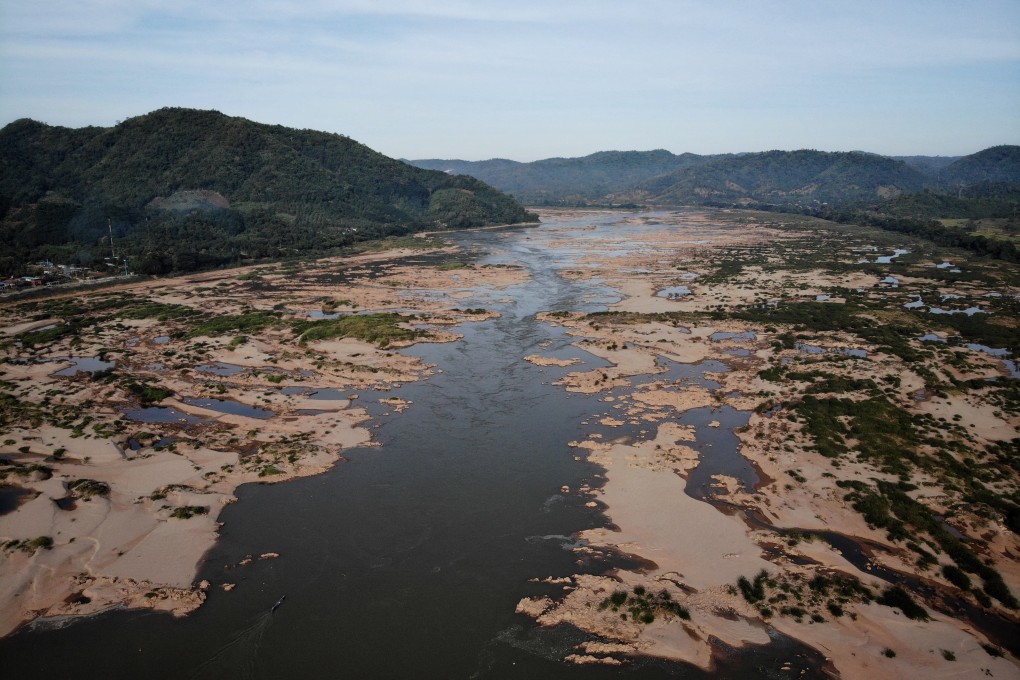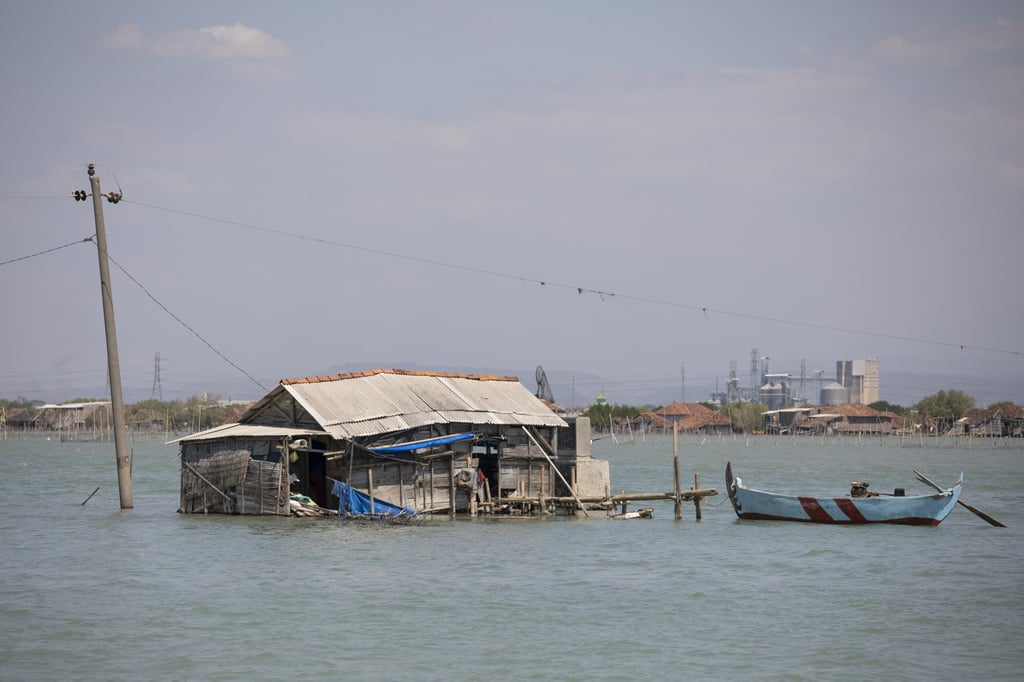Tourism Declares a Climate Emergency: industry’s initiative to combat climate breakdown and save the planet
- Climate breakdown is becoming a reality, and some in the travel industry recognise the need to save the planet and their own livelihoods
- Tourism Declares a Climate Emergency is a collective of businesses pledging to do their part to reduce carbon emissions

While the world grapples with shifting Covid-19 regulations and infection rates, a different crisis simmers: slowly but surely, nightmarish climate breakdown predictions are becoming a living reality.
Recognising our growing carbon problem, hundreds of businesses, governments and individuals have officially declared a climate emergency. Now, under the umbrella of the Tourism Declares a Climate Emergency initiative, almost 200 members of the travel industry, including hoteliers and tour operators, are also on board.
“Over the last 15 years, the need for action has grown more obvious year on year,” says Susanne Etti, environmental impact specialist for Intrepid Travel, a small-group adventure travel company and a founding member of Tourism Declares.
“Not only is the climate crisis leading to extreme weather events that threaten people and wildlife the world over, but it is also a significant threat to our business. So many of the destinations we love may well be destroyed by drought, fire or other weather events over the next decade.”

Asia is likely to be one of the worst affected regions, according to Eco Business, an Asia-Pacific media organisation dedicated to sustainable development.
The inhabitants of the Indonesian archipelago look on helplessly as sea levels rise. The Intergovernmental Panel on Climate Change (IPCC) predicts that warming will increase the frequency of El Nino events, intensifying Pacific storms, which will have a disproportionate effect on the Philippines, Hong Kong and other areas regularly hit by typhoons.